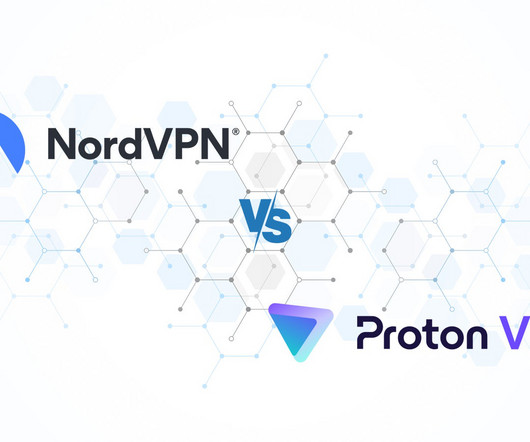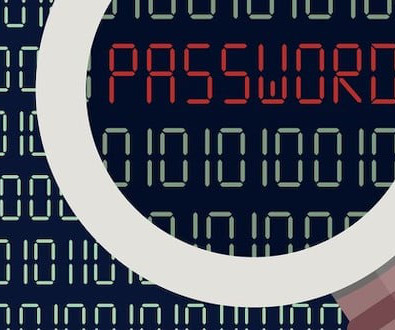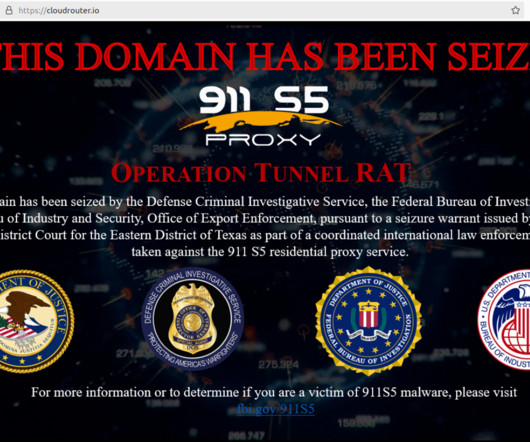New VPN Backdoor
Schneier on Security
JANUARY 27, 2025
A newly discovered VPN backdoor uses some interesting tactics to avoid detection: When threat actors use backdoor malware to gain access to a network, they want to make sure all their hard work can’t be leveraged by competing groups or detected by defenders.











Let's personalize your content